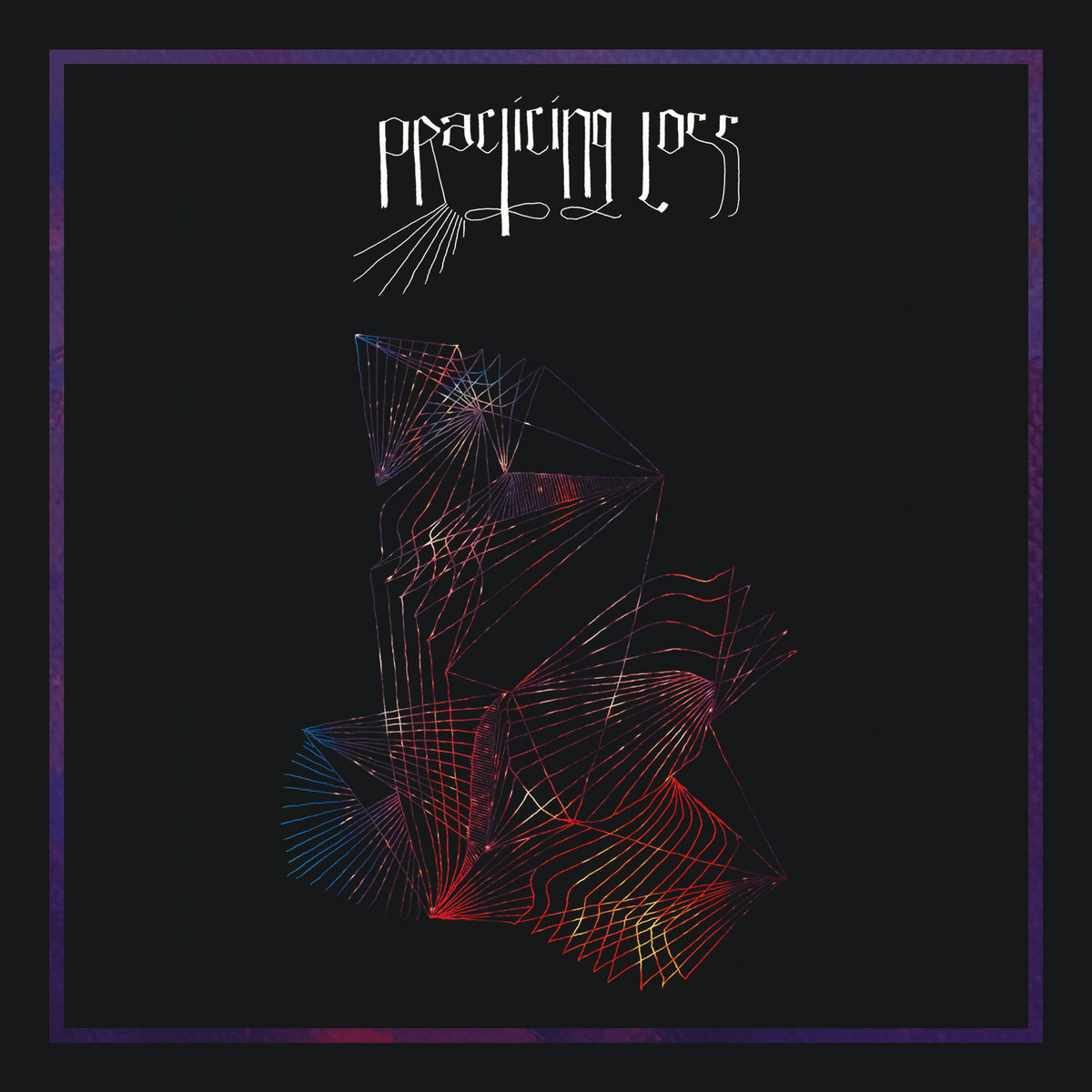
/////
Blissful incomprehension: Listening to Feast of the Epiphany's 'Practicing Loss'
I don't pretend to know the meaning behind Practicing Loss, or to be able to comprehend its methods and materials. On the contrary, spending time with this music — as with much of the music my friend Nick Podgurski makes and has made under the names Feast of the Epiphany and New Firmament — is for me a process of coming to terms with its otherness. We have all these tactics of reckoning with art, and a lot of times, we grasp for the "next closest thing," drawing what it is we're hearing nearer to what we already know.
In the case of Practicing Loss, the more time I spend with it, the more I feel I would be doing it a disservice by likening it to anything else. I don't hear it as a difficult work. In fact, the less I try to bring it into some kind of familiar orbit, the more it draws me in. What at first seemed alien and impenetrable now feels serene, sturdy, utterly at ease with its own structure and presentation.
What I can say, in a very general way is that I hear roughly three extended "movements" in the work. The first is a kind of ambient ballad, in which an insistent, incandescent synth drone sort of beams itself through the center of the music, as gently unfurling "riffs," played by keyboard or guitar, move in their slow orbits. Soulful, patient vocals center the piece, orient you in its fundamental song-ness. I picture an intricate mobile, suspended from the ceiling, with four or five components each spinning on their own axes, at their own speed, the whole creation moving in exacting multifarious harmony.
The piece begins to build into a kind of refrain around the 15-minute mark ("Light and darkness both shall be burned"), leading to a brief pause and what is to me the climax and highlight of Practicing Loss. The patiently unfolding quality of the first section gives way to a brisk, dancing feel, what sounds to me like a song opening up and tumbling ahead with its own momentum. There is this gorgeous repeated refrain ("We are burned! We evaporate!) that drew me in like an efficient pop hook the first time I heard it, and still gets my fist pumping every time I put the record on. The combination of catchiness and vast, elusive complexity in this second section to me gets at the heart of the Feast of the Epiphany listening experience. I don't pretend to "understand" its order, and in fact, during any given listen, I often feel like more of its details are eluding me than not, but I feel absolutely sure of its own sturdiness within itself. I hear an inspired onrushing of ideas, a steady stream of marvelously choreographed events (for one, a totally unexpected and brilliantly situated guitar solo) that may take years to fully grasp.
The third section is to me the most "difficult," the most other — the least, for me, relatable to anything else I've heard. Again, the twisting, interlocking rhythmic feel of the first two sections, but sort of slowed and blurred, with an almost perverse play between disparate harmonic feels. Sometimes, the synth chords that underlie the piece feel curdled, almost queasy, then twisting into sudden beauty.
Practicing Loss ends with a sort of high-density coda, an echo of the more "uptempo" feel of the second part. The music glinting and rising into this sort of marchlike riff. The whole thing sounds like some sort of extended fanfare or annunciation, phrases dancing and intertwining in sublime tribute. And then a final refrain — "Lust for loss / Die trying, there is nothing else" — building in its final minute to a brief and thrilling vocal eruption, with Podgurski digging deep into his guts and testing the harsh limits of his remarkable range.
I write the above not as a roadmap but as an invitation. It's possible that the less you take in with you — preconception, will to classify or "understand" — the richer your experience with this work will be. I still couldn't tell you what Practicing Loss is on any fundamental level, but I feel confident in deeming it a marvelously rich soundwork that only seems to bloom further with each listen. You, the listener, are in good hands.
Hank Shteamer, May 2018